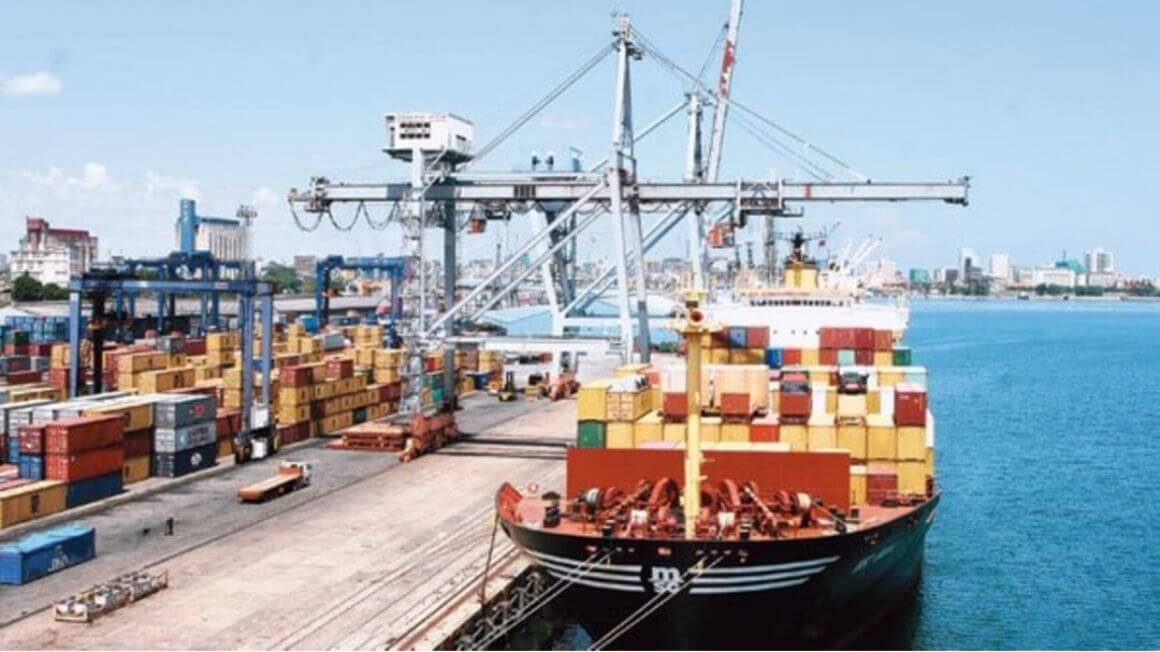
Our Projects are
Transforming African Trade
Quick Contacts
2nd Floor, Fidelity Insurance Centre Waiyaki Way, Westlands

Dar es Salaam. Some 1,882 standards have been designated for harmonisation in a renewed drive to bolster trade within the East African Community (EAC) bloc. However, the slow speed of harmonisation is said to have been impeding trade among EAC member states.
Intra-EAC trade has remained static at 15 percent of the total trade with the rest of the world in recent years, according to official data.
Only 31.9 percent of standards that have been designated for harmonisation in the region have been harmonised, some partially.
This was revealed yesterday during a regional public and private sector consultative engagement on standards organised by the East African Business Council (EABC).
Mr Frank Dafa, the EABC manager for policy, standards and non-tariff barriers (NTBs), said out of 1,882 standards that were lined up for harmonisation, over 600 have been harmonised, albeit partially.
“They have been harmonised by between 65 and 90 percent,” said Mr Dafa when giving his opening remarks on behalf of EABC hief executive John Bosco Kalisa.
He said the harmonisation process was still impeded by several challenges, including NTBs and low adoption.
“The importance of standards in trade cannot be overemphasised,” Mr Dafa said.
“Where standards have not been harmonised, significant differences have emerged between national standards within the regional economic communities (RECs), thus creating major impediments to trade for producers and traders.”
Having realised the challenge, Mr Dafa said, EABC had undertaken a regional awareness programme for selected sectors, advocating a review of the Standardisation, Quality Assurance, Metrology and Testing (SQMT) Act.
“Further engagement is planned to sensitise selected private sectors across the region through the support of TradeMark Africa (TMA).”
EABC studies and engagements show that harmonisation of standards significantly contributed to intra-EAC trade, competitiveness and protection of consumers and the environment and overall trade facilitation.
TMA country programme manager Elibariki Shammy said a conducive business environment in the region will boost trade performance not only at the EAC level, but also in Africa.
He said like EAC intra-trade, Africa intra-trade was low at less than 15 percent of the total trade with the rest of the world.
This suggests that 85 percent goes to other parts of the world.
However, Mr Shammy said despite 85 percent of trade going to the rest of the world, Africa accounted for only three percent of the total trade on the globe.
“This implies that Africa’s exports are not competitive in the global market mainly because we sell unprocessed goods that at the end of the day attract low prices.
“We need to enhance value addition and in order to do that, we need to address regulatory bottlenecks, including standard regulatory restrictions,” he said.
“We need to set standards in such a way that they facilitate trade.”
Mr Shammy said with best prices and quality goods, businesses could fetch more value.
Read original article
Disclaimer: The views and opinions expressed in this article are those of the authors and do not necessarily reflect the official policy or position of TradeMark Africa.